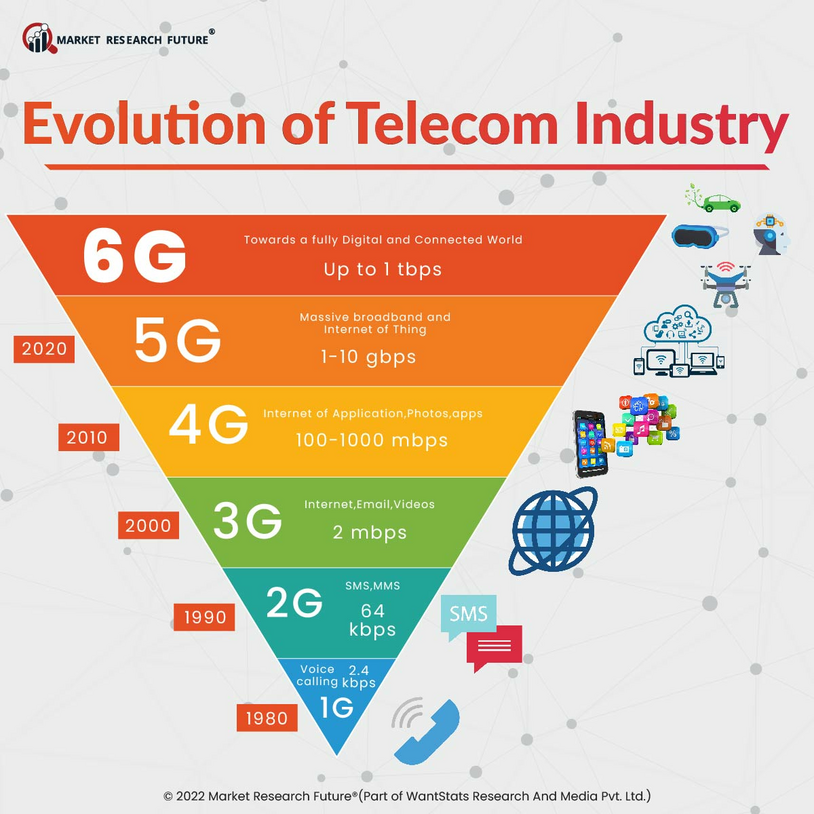Telecommunications have come a long way from the days of the telegraph and landline phones. Today, we live in a world where instant communication is not just a luxury but a necessity. Let’s explore what telecommunications are, their history, and why they are so crucial in our modern lives.
What is Telecommunications?
Telecommunications refer to the exchange of information over distances using electronic means. This can include anything from traditional phone calls and emails to modern video conferencing and instant messaging. Essentially, it’s any form of communication that involves the transmission of signals over a distance.
A Brief History of Telecommunications
The Telegraph
The journey of telecommunications began with the telegraph in the early 19th century. Invented by Samuel Morse, the telegraph allowed people to send messages over long distances using Morse code, a system of dots and dashes.
The Telephone
In 1876, Alexander Graham Bell invented the telephone, revolutionizing the way people communicated. Unlike the telegraph, which required operators to send messages, the telephone allowed people to speak directly to each other, making communication more personal and immediate.
The Internet
The late 20th century saw the rise of the internet, which transformed telecommunications once again. The internet allowed for instant communication through emails, chat rooms, and eventually, social media platforms. It made information accessible to anyone with an internet connection, shrinking the world in unprecedented ways.
Mobile Phones
Mobile phones emerged in the 1980s and quickly became an essential part of daily life. The development of smartphones in the 2000s further revolutionized telecommunications, combining phone, internet, and computing capabilities in one device.
Why Telecommunications Matter
Connecting People
Telecommunications bridge distances, allowing people to connect regardless of their physical location. Whether it’s a phone call to a loved one in another country or a video conference with colleagues around the globe, telecommunications keep us connected.
Business and Economy
Businesses rely heavily on telecommunications for their operations. From customer service hotlines to virtual meetings, effective communication is key to running a successful business. Telecommunications also enable remote work, which has become increasingly important in recent years.
Emergency Services
In emergencies, telecommunications can be a lifeline. Emergency services use telecommunications to respond to crises quickly, coordinate rescue efforts, and provide critical information to the public.
Education and Healthcare
Telecommunications have transformed education and healthcare. Online learning platforms make education accessible to students worldwide, while telemedicine allows patients to consult with doctors remotely, breaking down barriers to healthcare access.
The Future of Telecommunications
The future of telecommunications looks promising, with advancements in technology continuing to push the boundaries of what’s possible. The rollout of 5G networks promises faster and more reliable communication, while innovations like the Internet of Things (IoT) are set to connect more devices than ever before, creating a more interconnected world.
In conclusion, telecommunications are an integral part of our daily lives, shaping how we connect, work, and live. As technology continues to evolve, the role of telecommunications will only become more significant, driving us towards a more connected future.

